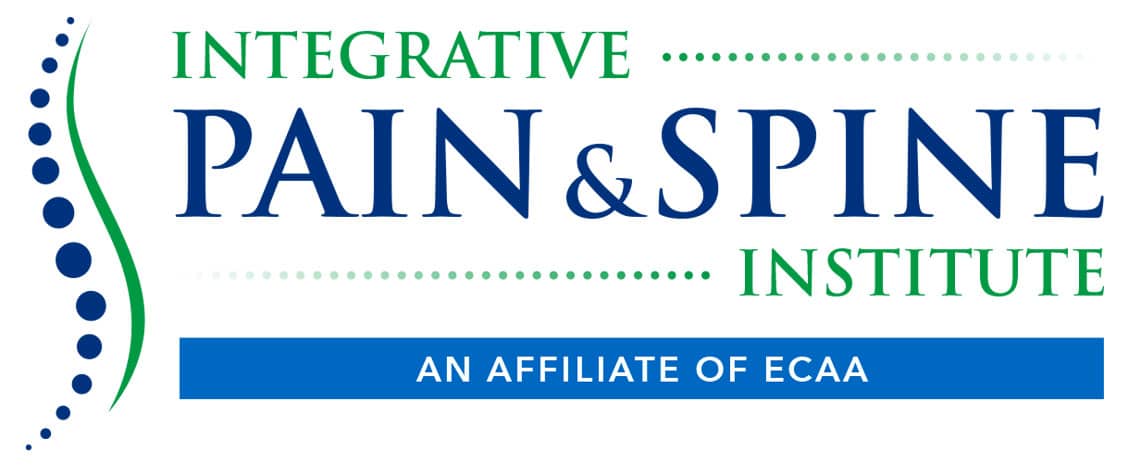Car accidents are on the rise across the United States. In our state of North Carolina, there were more than 273,000 car accidents reported throughout the state, resulting in more than 110,000 injuries. These sustained injuries range from requiring immediate medical attention to delayed pain one notices weeks to months down the road. In fact, approximately 10% to 30% of individuals may develop chronic pain following an accident.
What Are The Most Common Manifestations of Delayed Pain from Accidents?
Within hours or days of a car accident, the delayed pain may appear. To prevent long term, chronic pain is important to seek appropriate medical attention even in the days post accident.
What Are the Causes of Delayed Pain?
1. Adrenaline and Shock
– Adrenaline Surge: During a car accident, your body goes into “fight or flight” mode, releasing adrenaline and other stress hormones. This can temporarily mask pain and other symptoms.
– Shock: The emotional and physical shock from the accident can dull your pain receptors, delaying the onset of pain until the body begins to calm down, sometimes hours or even days later.
2. Muscle Tightening
– Protective Response: After an accident, your muscles may tighten as a protective response to the trauma. This muscle tightening can lead to soreness or pain that only becomes noticeable after you start to relax and your muscles return to their normal state.
3. Inflammation
– Delayed Inflammatory Response: Inflammation, which contributes to pain and swelling, often develops slowly. It may take hours or days for the full extent of the injury and inflammation to become apparent, leading to delayed pain.
4. Hidden Injuries
– Soft Tissue Injuries: Injuries like whiplash, sprains, and strains may not cause immediate pain but can develop into significant discomfort over time as the affected tissues become more inflamed.
– Internal Injuries: Some injuries, such as those to internal organs or deep tissues, may not be immediately obvious and only reveal themselves later through pain and other symptoms.
5. Delayed Nerve Response
– Nerve Compression or Damage: If nerves are compressed or damaged during an accident, it may take some time for the associated pain to manifest, particularly if swelling or inflammation around the nerves develops gradually.
6. Psychological Factors
– Delayed Emotional Response: Psychological trauma from an accident can also contribute to delayed pain. As the emotional shock wears off, you may start to notice physical symptoms more acutely.
If you experience delayed pain after a car accident, it’s important to seek medical attention, even if the pain seems minor. Some injuries may not be immediately apparent but could become more serious if left untreated. At Integrative Pain and Spine Institute, we are experienced with treating acute pain from a recent injury as well as chronic pain you are just now noticing is bothersome. For an evaluation by Dr. Manvar, contact us at (704) 317-1440.



